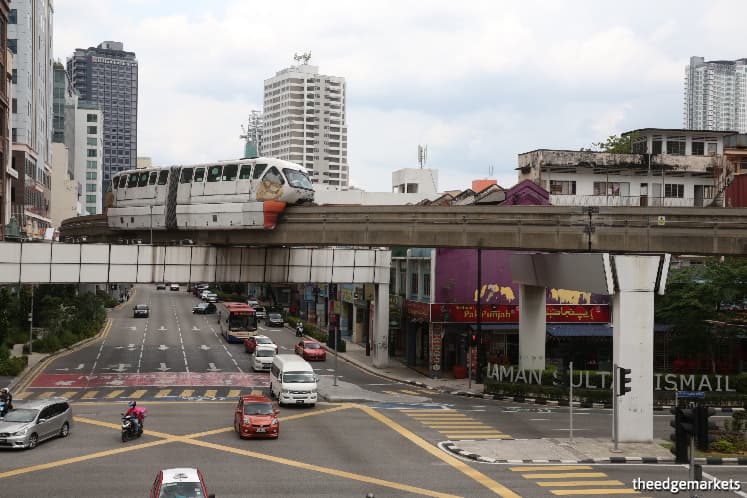
This article first appeared in The Edge Financial Daily on March 25, 2020
KUALA LUMPUR: Assuming the movement control order (MCO) is extended for another two weeks to contain the Covid-19 pandemic, Malaysia’s real gross domestic product (GDP) may shrink about 2.9% for 2020 compared to 2019’s, resulting in some 2.4 million people losing their jobs, according to the Malaysian Institute of Economic Research (MIER).
MIER further estimates that any additional two-week extension of the MCO may amplify the real GDP’s contraction by between 3% and 4%, relative to the 2020 baseline.
These estimates are part of MIER’s analysis of the economic impact of Covid-19 in Malaysia. Earlier in February, it expected the overall economic impact on GDP growth would be a reduction of between 0.8% and 2% from the baseline trend for the low and high scenarios.
Now, it has revised its estimates as the pandemic advanced beyond the initial infectious phase, leading to the partial lockdown resulting in economic disruptions, affecting the country’s pattern of production, consumption and trade, as well as its population’s income and employment.
Besides the shrinking real GDP, MIER now projects household incomes may fall 12% relative to the baseline, amounting to RM95 billion. “Such a fall is manifested in a sharp decline in consumer spending by 11%, despite the drop in general consumer price level by 4.4%,” it said in a statement yesterday.
Meanwhile, MIER expects 67% of the 2.4 million job losses it estimated — presumably mainly non-salaried jobs — will be unskilled workers.
“In this challenging and unprecedented times, it will be to the nation’s best interest to depart from looking at the economy based on conventional indicators in normal times.” As such, MIER is proposing that the government set aside an extraordinary crisis budget comparable to the projected income loss of RM95 billion, to mitigate Covid-19’s impact on the economy.
‘Additional RM75b needed to cushion virus’ impact’
“Since RM20 billion was pledged earlier, an additional RM75 billion will be needed. Such [an] allocation is imperative especially to avoid company bankruptcies, job losses, and impaired household incomes and welfare through business support, SME (small and medium enterprise) rejuvenation and social safety net programmes,” it said.
Now is also timely for the government to revisit the country’s overall socio-economic goals, it said, to establish policies, mechanisms and measures to move the economy towards resiliency and genuine prosperity, and not unsustainable growth-oriented policies of past decades. MIER also pointed out the country’s agriculture should be refocused on food-based agriculture, instead of a commodity-focused one, especially in light of the nation’s food security and sovereignty.
“For this reason, we would strongly recommend that the government consider establishing a National Food and Medical Supplies Stockpile funded by the government or in conjunction with the private sector through a public-private partnership programme.”
MIER called for the government to review its fiscal policy too, including Budget 2020 announced by the previous Pakatan Harapan government, to deal with economic issues due to the Covid-19 outbreak.
Going forward, MIER said it expects “the recovery from this year’s projected economic recession due to Covid-19 and the recommended stimulus package implementation will result in a V-shaped recovery [as happened in all previous recessions since 1985], so year 2021 will see a better economic performance”.
As such, it recommends the Perikatan Nasional government, for its forthcoming Budget 2021, to reconsider bringing back the goods and services tax with appropriate rate adjustments and coverage, and also an improved mechanism in collections and rebates. “This should provide a means to cover any shortfall in the federal government’s revenues due to the expected lower oil receipts in the previous assessment.”